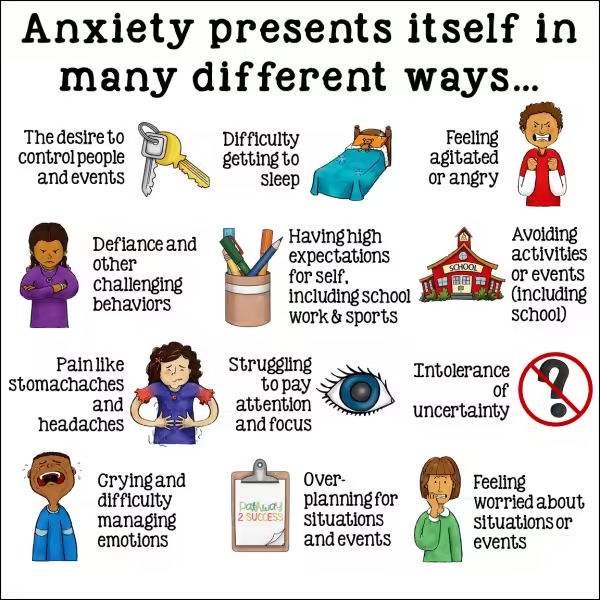Climate change is no longer just an environmental issue; it’s a profound psychological challenge that’s casting a long shadow over our mental well-being. From eco-anxiety to climate grief, the emotional and mental toll of this global crisis is becoming increasingly apparent.
Understanding the Psychological Impact
As the world grapples with rising temperatures, extreme weather events, and the loss of biodiversity, individuals are experiencing a range of psychological responses:
- Eco-anxiety: A chronic fear of environmental doom, often characterized by feelings of helplessness and anxiety about the future of the planet.

- Climate grief: A sense of loss and mourning for the natural world and the changes it’s undergoing. This grief can manifest in various ways, from sadness and anger to feelings of guilt and shame.

- Solastalgia: A term coined to describe the distress caused by environmental change in one’s own home environment.

- Post-traumatic stress disorder (PTSD): Extreme weather events like hurricanes, floods, and wildfires can trigger PTSD symptoms, including flashbacks, nightmares, and hypervigilance.

The Ripple Effect
The psychological impact of climate change extends beyond individual emotions. It can also affect our relationships, communities, and overall quality of life. Some of the broader consequences include:
- Increased social isolation: Feelings of hopelessness and despair can lead people to withdraw from social interactions.
- Difficulty concentrating: Eco-anxiety and climate grief can make it hard to focus on work, school, or other tasks.
- Physical health problems: Chronic stress and anxiety can contribute to a range of physical health issues, such as heart disease, high blood pressure, and weakened immune systems.
- Intergenerational trauma: The trauma of climate change can be passed down through generations, affecting the mental health of future generations.
Coping Strategies and Seeking Help
While the psychological impact of climate change is significant, there are strategies to cope and manage these emotions:
- Connect with others: Talk to friends, family, or a therapist about your feelings. Sharing your experiences can help alleviate feelings of isolation and provide support.
- Take action: Engaging in climate activism can empower you and give you a sense of purpose. Even small actions, like reducing your carbon footprint or volunteering for environmental organizations, can make a difference.
- Practice mindfulness: Mindfulness techniques like meditation and deep breathing can help reduce stress and anxiety.
- Seek professional help: If you’re struggling with severe anxiety, depression, or other mental health conditions, consider seeking professional help from a therapist or counselor.

The Road Ahead
The psychological impact of climate change is a growing concern that demands attention and action. By understanding the emotional toll of this crisis, we can develop effective coping strategies and support systems to help individuals and communities navigate these challenging times. As we work to address the root causes of climate change, it’s equally important to prioritize our mental health and well-being.



